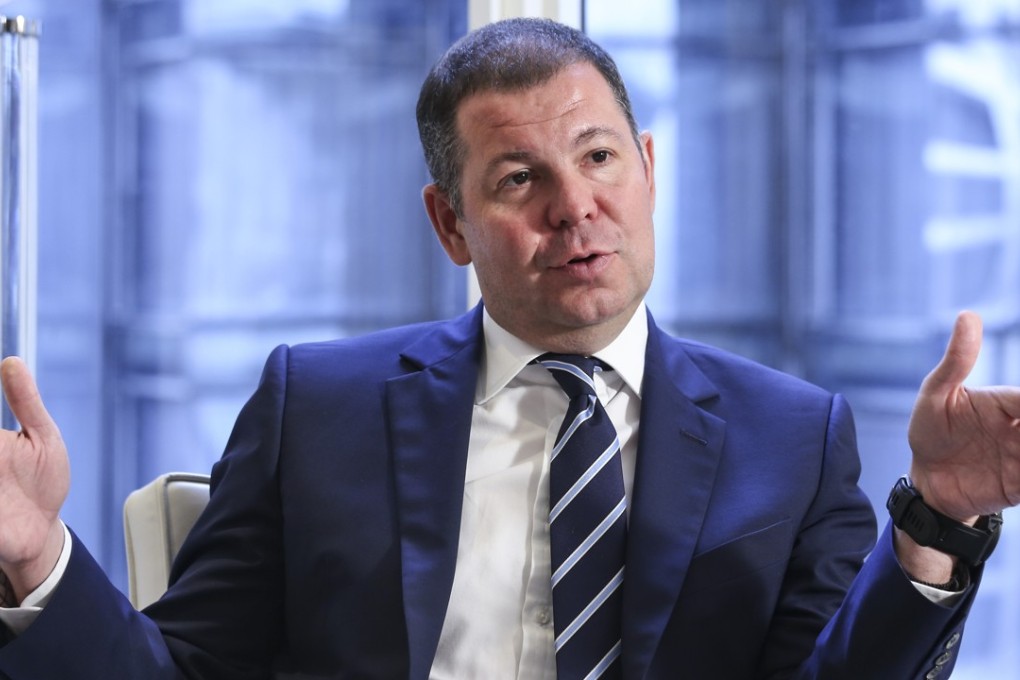Rusal plans to power its smelters wholly on hydro electricity by 2020
The Russian aluminium giant says it will phase out its remaining 10 pc reliance on power stations driven by natural gas and nuclear in favour of renewable hydro electricity

Rusal, the world’s second-largest aluminium producer, will stick to its goal to source all of its electricity needs from clean energy by 2020 despite the United States’ withdrawal from the Paris agreement on climate change mitigation, according to its deputy chief executive.
The Moscow-based firm will also invest more in research and development on new light weight alloys that mix aluminium and other materials, as China’s excess supply of low-end primary aluminium product continues to put downward pressure on prices.
“The US withdrawal has some international political influence on the climate process but not a fatal one,” Oleg Mukhamedshin, deputy chief executive of Rusal told the South China Morning Post in a recent interview. “China, the European Union and Russia have signalled their strong intention to stay the course on their commitment.”
Our long term goal is to occupy a reasonable market share of innovative cables made of aluminium alloys in China and then enter the Southeast Asian markets
Hong Kong and Moscow-listed Rusal, blessed with access to abundant and cheap hydro power in the world’s largest nation, aims to have all its smelting plants powered by hydro electricity by 2020, up from around 90 per cent currently. Power stations fuelled by either nuclear or natural gas make up the remaining 10 per cent.
By contrast, China’s aluminium smelters, which produces half the world’s output of the metal, get 90 per cent of their energy from carbon emission-heavy coal-fired power, which is expected to become more costly when Beijing gradually rolls out carbon emission quota trading in the next few years.
United States President Donald Trump early this month pledged to cease all participation in the 2015 Paris agreement on climate change mitigation as part of his “America First” policy, but remained open to negotiating for “a better deal.”
The US was the world’s second largest carbon dioxide emitter after China last year, and was the seventh largest aluminium producer.